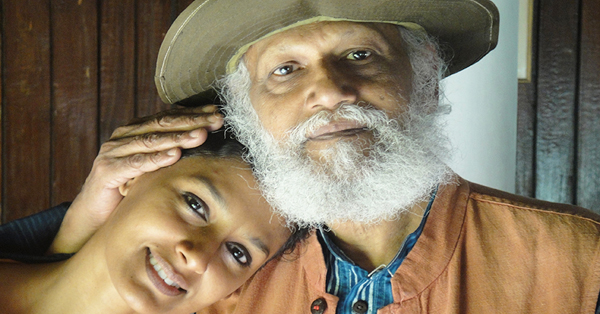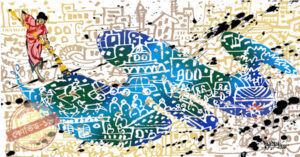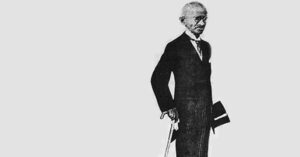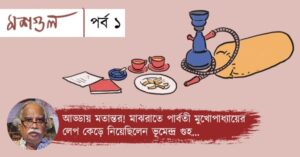It is often assumed that if you are a feminist you must hate men. But a feminist does not need to have a gender. Men can be feminists, too, and there are a few good men who are. We cannot correct the historical wrongs, the inequalities that have been perpetuated for centuries, without having men as our allies. And I am very fortunate to have been raised by one such man – my father, Jatin Das, who I call Baba.
I grew up in a house, where my mother went to work and my father stayed at home. He is a painter and at the time he had his studio in the house. So I grew up thinking, mothers go to office and fathers stay at home! And they cook, clean and for recreation, paint! My father’s creativity permeated to the kitchen too. And so my school lunchbox was always very eclectic and was envied by my friends. Thought there were times I was embarrassed as my father, while cleaning the house, would sweep right up to the road! But I am so glad I witnessed the role reversal at such an early age.
Baba always encouraged me to question everything, even himself (now he wonders why I argue so much!). He laid a lot of emphasis on honesty, ethics and sensitivity. Money, success, fame, were never part of our vocabulary. Not even words like career or profession. I was always told “work must give you joy and bring meaning to your life…help you grow as a person. The journey is what mattered, not the destination.” I am so grateful for these wise words.
However, growing up with a father like this was often not easy. He is blunt to a fault, which is not what our socialisation teaches us. And such people are not everyone’s cup of tea. Many think he is crazy and just can’t believe that a man who is turning 80 this year can actually be so naïve and worldly-unwise. He is by far the most misunderstood person I have ever known in my life. But those who have known him long enough or are good with their instincts, understand that is what makes him special.
When I plunged deeper into Manto’s life to make my film, he seemed very familiar. It was like I was reading about my father. This was one of the more personal reasons why I was so drawn to Manto. Like Baba, he too was instinctively unconventional, fearlessly blunt and often misunderstood. The uncanny similarities between Manto and Baba didn’t stop there. He like Manto works in the midst of chaos, likes to cook and does household chores, a stickler for cleanliness, has a short temper but is deeply caring and keeps his doors open for not just friends but even strangers. He too does not value money, and is known for his generosity.
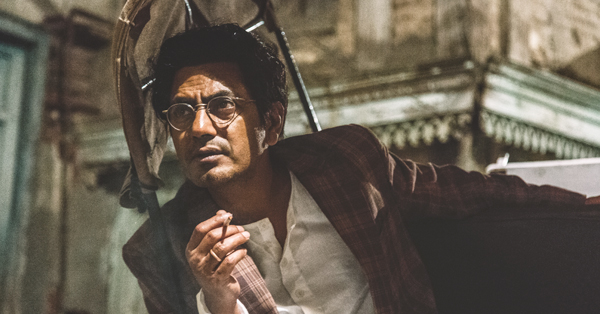
While labels are limiting, it would not be wrong to call Manto a feminist of his times. This was evident from his relationship with the women in his life – his mother, sister, wife, three daughters or his friend and fellow writer- Ismat Chugtai. And from the women characters in his stories, who were painted not as victims, but as women who were in charge of their own destinies, for better or for worse.
Manto was a modern man, much ahead of his times. He had such a deep understanding of women — their sufferings, struggles and strengths. Once when Ahmed Nadeem Qasmi asked Manto how he understood women so insightfully, he replied, “to understand a woman, you have to become one.” This is a rare statement for a man to make.
Growing up with a ‘Mantoesque’ father helped me understand my protagonist more deeply and intimately. And making a film on Manto, made me understand my father even better. Both difficult men, but it is their core that I love, I envy, I admire.
